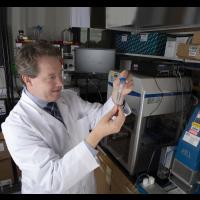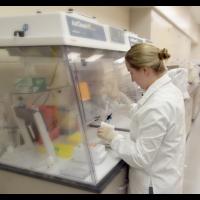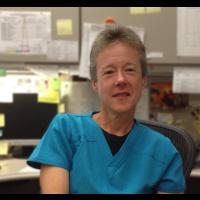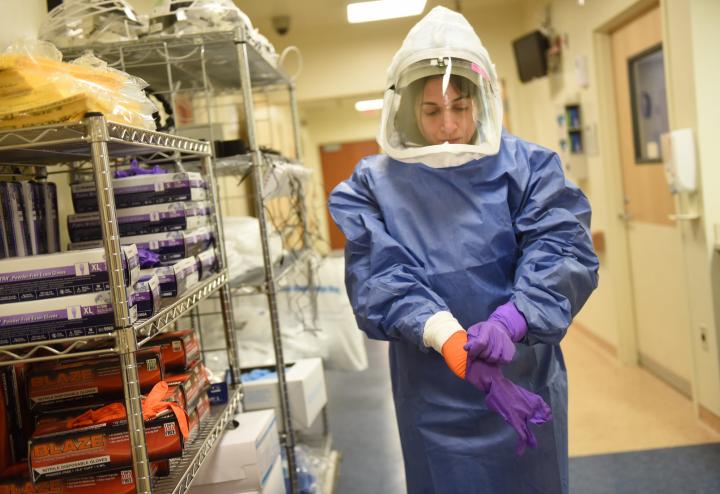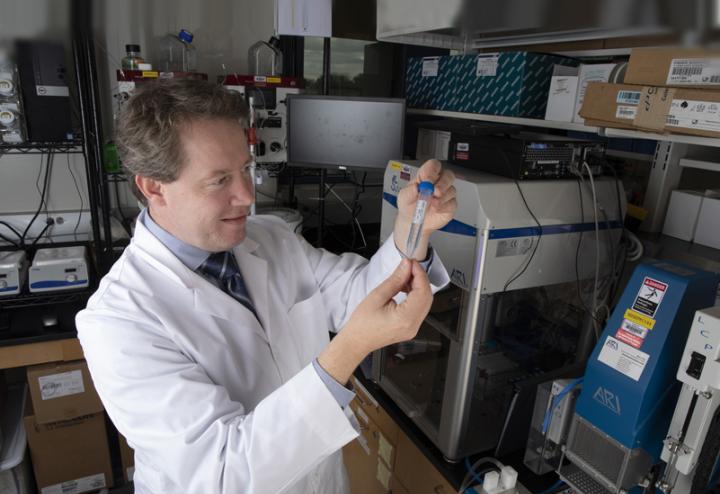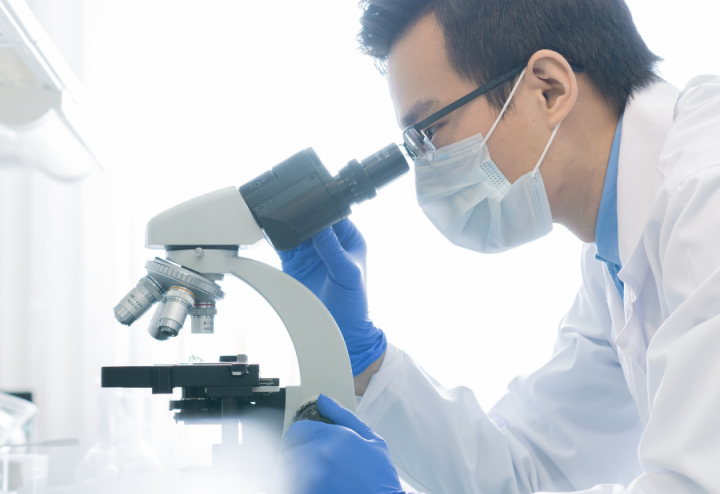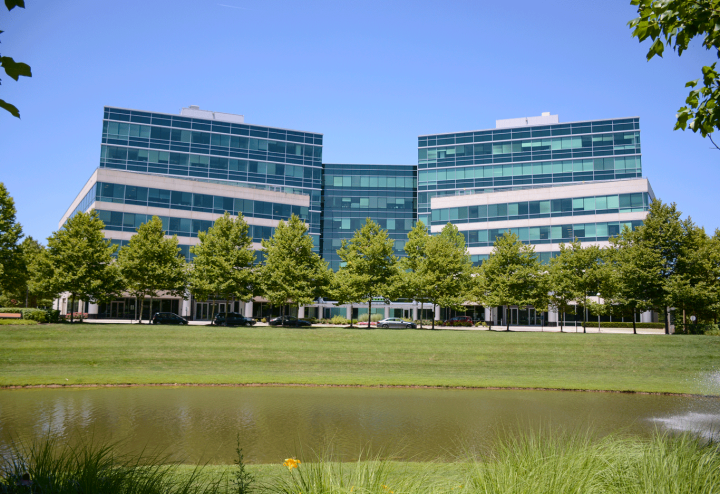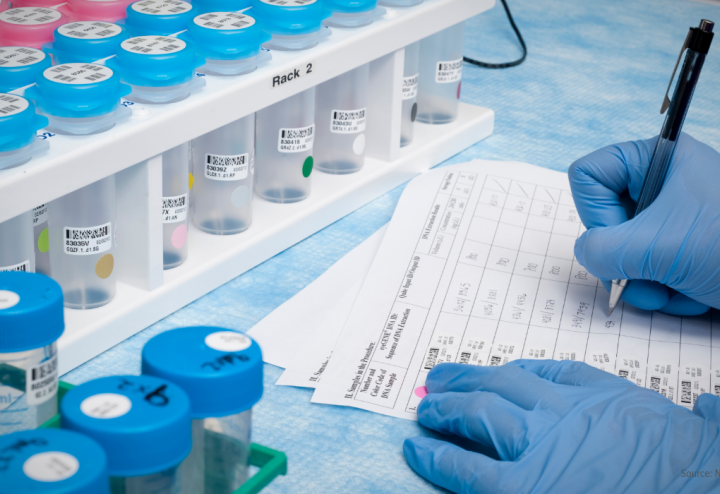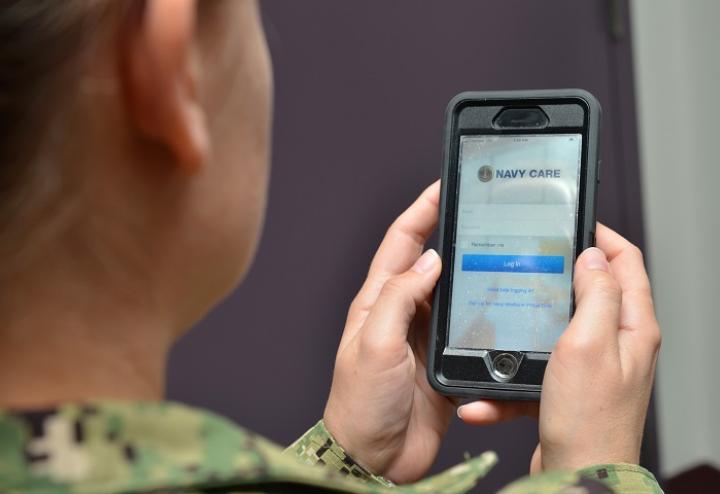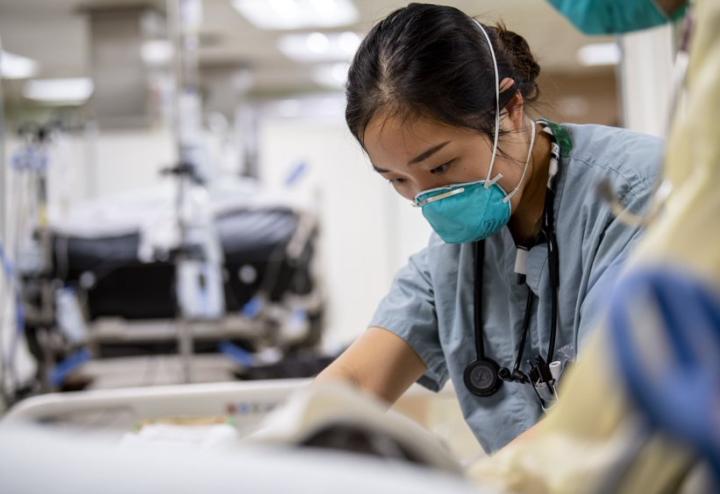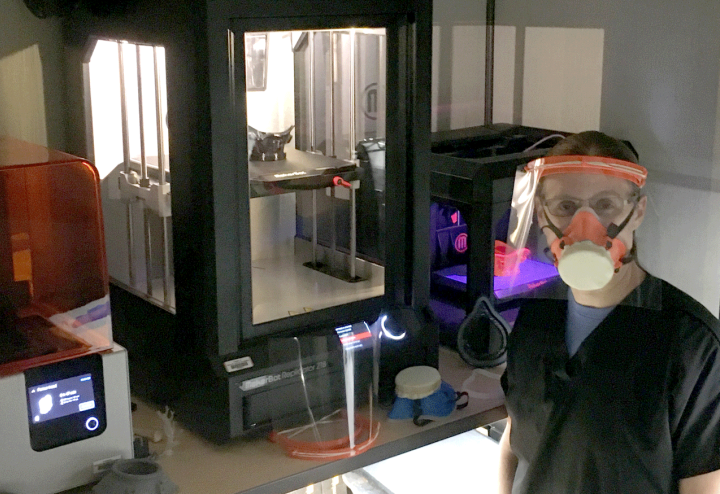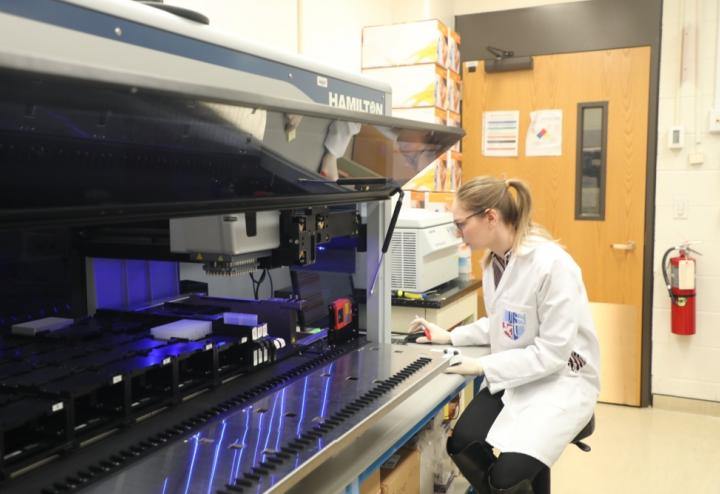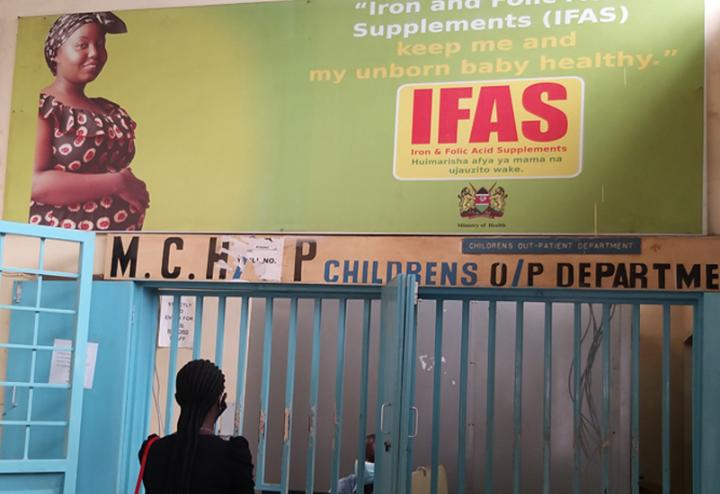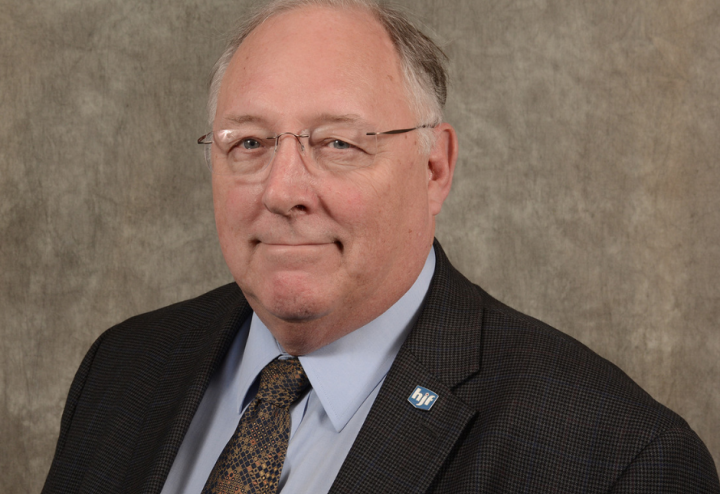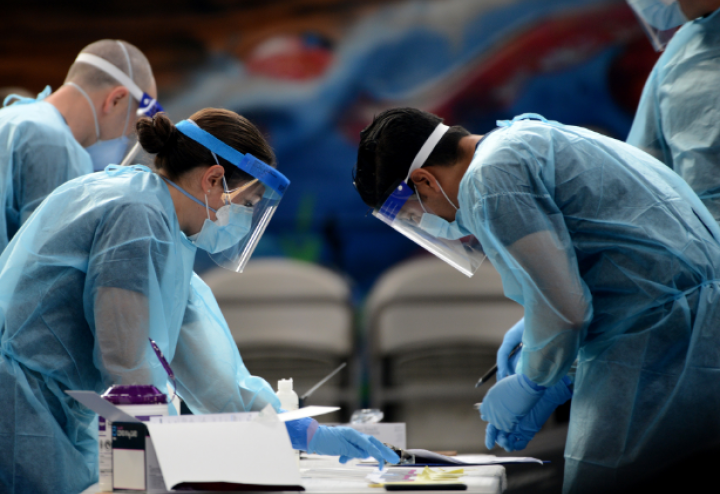Phase 1: Emergence
From Business as Usual to a Global Pandemic
Shortly after the COVID-19 threat was identified, HJF joined its military partners and other medical researchers around the world in the race to find a vaccine and treatments. With significant experience studying HIV, Ebola, anthrax, malaria, SARS-CoV, MERS-CoV, H1N1 and Zika, HJF is especially well-positioned for studying infectious diseases.
HJF is driven to solve the biggest puzzles and hardest problems by using the resources necessary to support the mission. As we move through the COVID-19 pandemic, we continue to anticipate needs, respond at the pace of change and focus on continually adding value to military medical research.
This global pandemic is taking hundreds of thousands of lives, and HJF is empowering the fight against coronavirus. Our teammates across the globe are working in labs, conducting research, and supporting scientists in their research on therapeutics, diagnostics and vaccine development.
An Interdisciplinary Effort
HJF brings nearly four decades of organizational experience with vaccine development, including a history of developing high-throughput diagnostics for viral diseases.
Our interdisciplinary efforts to combat COVID-19 include hiring the best people to support the work, supplying Personal Protective Equipment to our teammates, and ensuring technologies within the Department of Defense reach civilian medicine through our technology transfer efforts.
Internally, HJF balanced its organizational mission to advance military medicine with the priority of keeping our teammates and colleagues safe. Over 98% of the HJF home office team was able to immediately transition to maximizing telework after the initial declaration of emergency in March of 2020.

